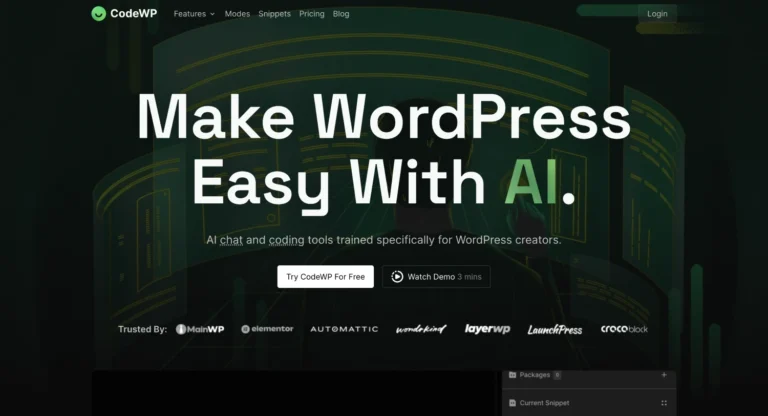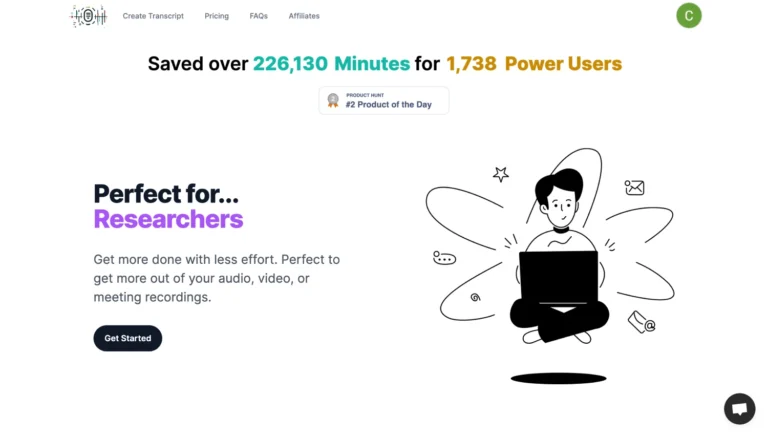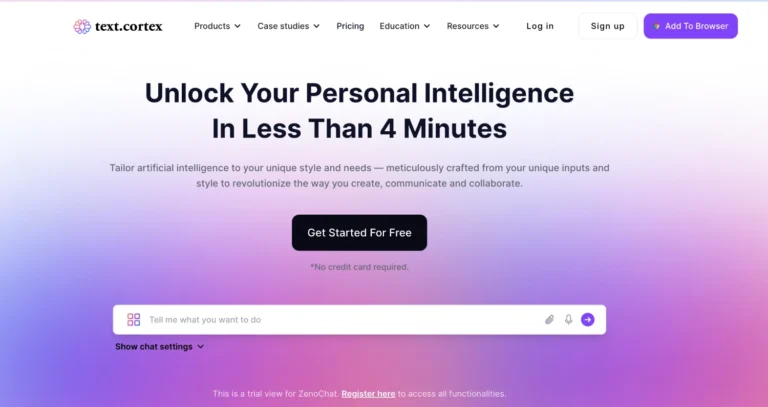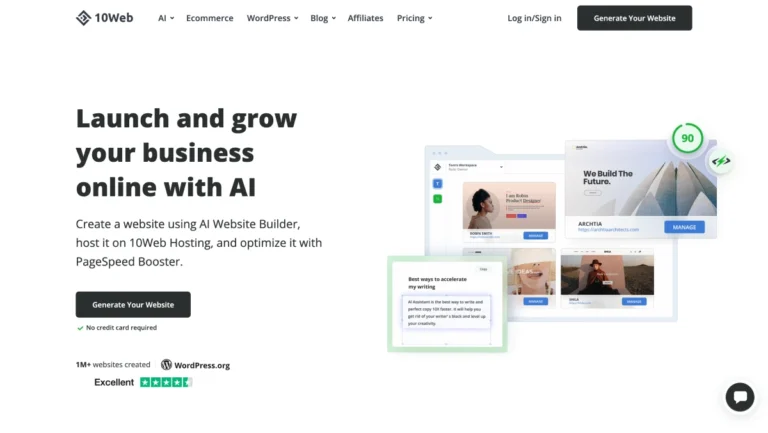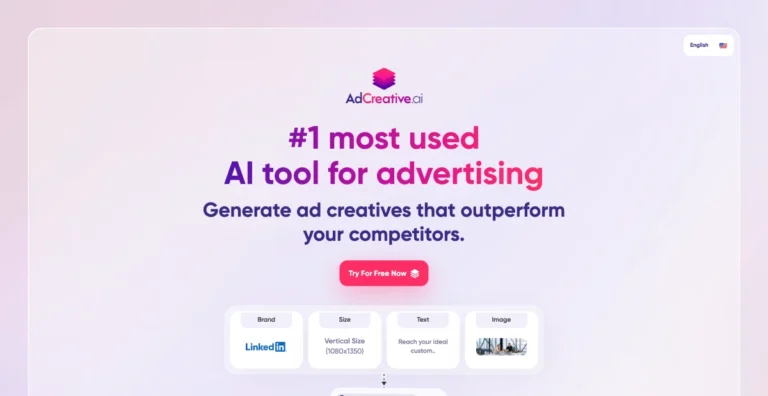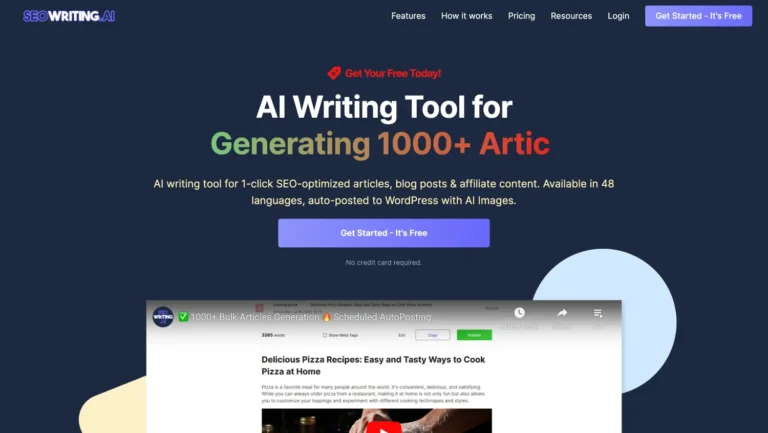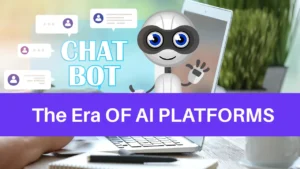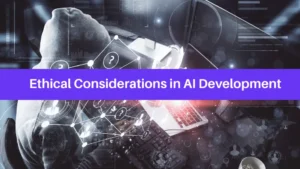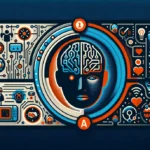Table of Contents
Demystifying Artificial Intelligence: Understanding the Basics
Artificial Intelligence, or AI, may sometimes seem like just another tech buzzword, but it’s much more than that. In essence, AI refers to a subfield of computer science that strives to create smart machines capable of performing tasks that would typically require human intelligence. These tasks encompass activities such as learning, reasoning, problem-solving, understanding language, recognizing patterns, and perception.
Two key concepts in the AI sphere are machine learning and deep learning. Machine learning is a type of AI that provides systems the ability to automatically learn and improve from experience without being explicitly programmed. This learning is based on the analysis of massive amounts of data to discern patterns which then inform future predictions.
The Role of Deep Learning in Advancing Artificial Intelligence
When it comes to soaring to new heights in artificial intelligence (AI), deep learning plays a pivotal role. Acting as the core engine of AI, deep learning models perceive and understand the world around us, much like humans do. By enabling machines to interpret complex patterns and structures in data, they facilitate the automation of decision-making processes.
Deep learning, a subset of machine learning, uses neural networks with many layers – hence ‘deep’ in its name. These multiple layers work together to extract and transform features from the dataset, each contributing to a better understanding and outcome.
Consider it this way: when looking at a picture of a dog, our brains don’t instantly recognize it. Rather, we identify individual elements first – for instance, four paws, a wagging tail, floppy ears. Deep learning replicates this process encouraging machines to understand aspects bit by bit before grasping the big picture.
AI in Healthcare: Revolutionizing the Diagnosis and Treatment of Diseases
Artificial intelligence, or AI, isn’t confined to the realm of science fiction anymore. It’s here, making substantial improvements in how our healthcare system operates. From timely diagnosis to efficient patient care, AI’s impact in healthcare is immense.
One of the groundbreaking benefits of AI in healthcare is improved diagnostics. Advanced AI algorithms can effectively analyze high-resolution images, thereby assisting physicians in diagnosing a variety of medical conditions, such as cancer, heart disease, and neurological disorders. These algorithms not only speed up the process but also enhance accuracy, helping healthcare professionals to devise targeted treatment strategies.
AI has also brought revolutionary changes in treatment management. It can analyze patient data and suggest the most effective treatment plan, minimizing the guesswork for physicians. In some cases, AI can even predict patient response to certain medications or surgeries, promoting personalized medicine and improving patient outcomes.
- Improved Diagnostics: AI algorithms assist with rapid and accurate disease diagnosis, helping save lives by enabling early intervention.
- Effective Treatment Management: AI can predict how patients will respond to different treatments, promoting personalized healthcare and improving patient outcomes.
Moreover, machine learning models can predict patient risk factors by analyzing past medical history and lifestyle details of an individual. This prediction can help in the early detection and prevention of potential diseases, proving a game-changer in the healthcare field.
AI provides a proactive approach to healthcare, shifting from a system that responds to illnesses to one that predicts and prevents those illnesses before they can do harm.
In addition, AI simplifies administrative tasks in healthcare. By automating tasks like appointment scheduling or patient follow-ups, AI reduces the workload of healthcare workers, allowing them to focus more on patient care.
| Benefit | Description |
|---|---|
| Proactive approach | AI predicts potential diseases early by analyzing risk factors, allowing for early intervention. |
| Streamlined administration | AI automates routine administrative tasks, freeing healthcare workers to focus more on patient care. |
Though the growth and potential of AI in healthcare are exciting, it’s crucial to bear in mind that AI’s role is to assist and enhance human efforts, not to replace them. AI serves as a valuable tool in healthcare professionals’ hands, helping them make more accurate decisions and provide better patient care. As AI continues to evolve, we can anticipate a future where healthcare becomes more proactive, more personalized, and highly efficient.
AI in Finance: Predictive Analytics and Automation in the Financial Industry
Let’s delve into the exciting world of finance, where Artificial Intelligence (AI) is making significant waves. From predicting market trends to automating complex tasks, AI is increasingly becoming a pivotal force in the financial sector. As you explore this section, you’ll discover how AI is redefining and innovating financial operations.
Predictive Analytics
Perhaps one of the most significant contributions that AI has brought to the finance industry is predicted analytics. Let’s break down what predictive analytics is. Essentially, it’s the use of data, statistical algorithms, and machine learning techniques to identify the likelihood of future outcomes based on historical data. With AI, financial professionals can anticipate future trends and make data-driven decisions.
For instance, investment firms are using AI-powered predictive analytics to forcast market trends and guide investment strategies. This ability to predict trends with AI not only equips corporations with a competitive edge but also mitigates potential risks.
Automation
Envision a world where routine, mundane tasks are handled accurately and efficiently without human intervention—that’s exactly one side of the picture that AI paints in the financial industry. Automation, a key attribute of AI, is replacing traditional methods of report preparation, transaction processing, and compliance tracking.
For example, AI-powered bots are employed in real-time customer-service operations, providing customers with immediate support and enhancing customer experience. Moreover, machine learning algorithms, a subset of AI, are being used to automate complex tasks which used to take days, in a matter of hours.
Let’s take a closer look at some key statistics that highlight AI’s impact on the financial industry.
| Statistics | Explanation |
|---|---|
| According to an Accenture report, by 2035, AI could add $1.2 trillion in value to the finance sector. | This prediction emphasizes the potential economic impact of AI in driving growth and profitability in the financial industry. |
| Autonomous Research estimates that financial institutions could save up to $1 trillion by 2030 through AI automation. | This stat signifies the savings potential of adopting AI-powered automation, especially in reducing operational costs and enhancing productivity. |
It’s clear that the integration of AI in finance that stands firmly on predictive analytics and automation is set to redefine the landscape of the financial industry. While the ride promises to be exciting, it’s essential to remember the need for responsible AI practices to avoid potential challenges.
Ethical Considerations in the Age of AI: Balancing Innovation and Responsibility
You’re living in an era of ceaseless innovation. Artificial intelligence is imbuing machines with the capability to learn, reason, and even outperform humans in several tasks, both mundane and complex. It’s undoubtedly inspiring. However, with these great leaps in technology, ethical dilemmas increasingly arise, don’t they? So let’s explore these ethical considerations and learn how to strike that essential balance between technological innovation and moral responsibility.
The Privacy Paradox
Consider the AI applications you interact with daily. They’re likely improving your life, generating recommendations based on your browsing history, tagging your friends in photos, or screening your emails for spam. In performing these tasks, these AI systems are also collecting and analyzing vast quantities of personal data. Suddenly, a paradox emerges – a ‘privacy paradox.’ On one hand, you have AI’s benefits, which hinge on data analysis. On the flip side, there’s that unnerving realization that you’re constantly under digital scrutiny.
Decision-Making and Accountability
Another area of ethical concern comes when AI starts making decisions. AI systems in charge of credit scoring or recruitment algorithms can sometimes make decisions that have significant impacts on people’s lives. The question then arises: who is accountable for the decisions made by AI? Is it the developers who built the system, or is it the AI system itself?
Potential for Bias
Did you know that AI, as smart as it may be, can also be biased? Because AI systems are primarily trained using human-generated data, they can potentially adopt the same biases present in this data. This factor can lead to unfair outcomes in many fields, including recruitment, law enforcement, and credit scoring.
AI in Marketing: Optimizing Campaigns and Targeting Customers
Imagine your marketing campaigns being optimized by a clever system that analyzes customer behavior, understands their needs, and tailors your message accordingly. Welcome to the world of AI in marketing, a space where artificial intelligence tools are making a significant impact by enhancing efficiency and improving outturns.
Personalization and Prediction
One of the most profound applications of AI in marketing is personalization. Leveraging machine learning algorithms, AI can sift through copious amounts of data about customers’ preferences, past purchases, and browsing behavior to tailor highly personalized marketing. Also, by applying predictive analytics, AI can accurately forecast future customer behavior, resulting in more effective marketing campaigns.
Customer Segmentation and Targeting
Apart from personalization, AI also excels in customer segmentation and targeting. By instantly processing and classifying vast customer data, AI can distinctly group customers based on various determinants, such as demographics, purchasing history, and behavioral patterns. This enables marketers to construct targeted campaigns for each specific group, dramatically enhancing campaign effectiveness.
Chatbots and Customer Service
In an era where customer experience is bijou, AI’s role in improving customer service cannot be overstated. Chatbots powered by AI provide round-the-clock assistance, swiftly answering queries and even offering personalized product recommendations. This not only enhances customer engagement but also frees marketers’ time for more strategic tasks.
| AI Application | Benefits |
|---|---|
| Personalization | Offers highly personalised marketing messages |
| Predictive Analytics | Forecasts future consumer behaviour |
| Customer Segmentation | Enables targeted marketing campaigns |
| Chatbots | Improves customer engagement and service |
Remember, while the capabilities of AI in marketing are remarkable, effective implementation requires a solid understanding of both your customers and the technology. Diving into AI without a pragmatic approach can lead to marketing efforts that feel intrusive or, even worse, completely miss the mark.
Embrace the power and promise of AI in marketing, but remember that it’s a tool to enhance, rather than replace, your current marketing strategies.
What is the role of deep learning in artificial intelligence?
Deep learning plays a significant role in the growth of artificial intelligence (AI). It’s a subset of machine learning that allows AI to mimic the human brain’s process of decision-making and learning. Deep learning algorithms facilitate complex problem-solving, enhance predictive capabilities, and promote ingenuity in AI units, enabling them to interpret intricate data patterns and carry out complicated tasks effortlessly.
How is AI revolutionizing healthcare?
AI is transforming healthcare in leaps and bounds. We see AI embedded in everything from disease diagnosis and patient care to drug discovery and health data management. AI-powered tools facilitate early detection and accurate diagnosis of diseases, predicting patient’s health trends, and delivering personalized care. Moreover, AI is driving research and innovation leading to groundbreaking treatments and therapies.
What is AI’s impact on the finance industry?
AI is reshaping the landscape of the finance industry, revolutionizing how businesses operate and serve customers. With predictive analytics and automation, AI is facilitating better risk management, improved investment strategies, refined customer service, and streamlined operations. Also, it’s playing a crucial role in combating financial fraud by detecting patterns and anomalies in transactional data.
What are some ethical considerations with AI technology?
With the rapid adoption of AI, ethical considerations become paramount. These involve privacy concerns surrounding data usage, questions about the inclusivity and fairness of AI algorithms, the implications of AI-enhanced decision-making and autonomy, and the socio-economic impacts of AI. It’s essential to balance innovation with responsibility, ensuring AI’s advancements don’t infringe upon individual rights and societal norms.
How does AI help in optimizing marketing tactics?
AI is revolutionizing marketing by powering data-driven strategies and customer-centric campaigns. AI helps in automating and personalizing marketing communication, analyzing customer behavior for targeted advertising, optimizing pricing, and improving sales forecast. Moreover, it uplifts customer service and engagement with chatbots and virtual assistants, providing marketers with valuable insights to refine their tactics.
Conclusion
As we navigate through this tech-driven era, it’s clear that artificial intelligence has pervasively infiltrated various sectors. From simplifying diagnostic processes in healthcare to predicting financial trends, AI has proven to be an inextricable part of our lives.
